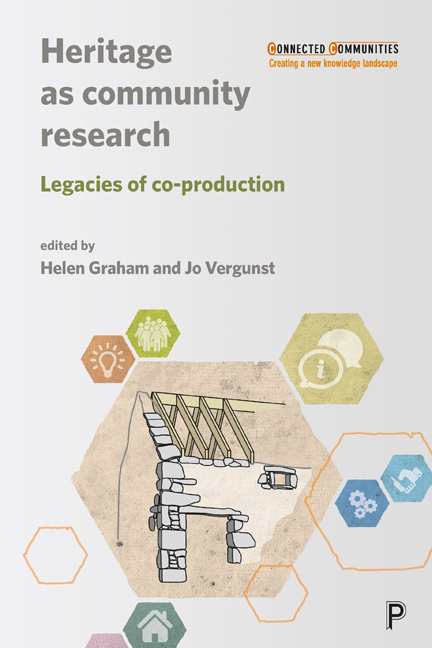three - Visibly authentic: images of Romani people from 19th-century culture to the digital age
Published online by Cambridge University Press: 27 April 2022
Summary
Introduction
The settled population, who can make very little link between the romantic images of the past and the deprived and excluded images of the present, are also denied opportunities to learn about and interpret this recent history. While at times British Gypsy history may have been a painful and controversial story, it is without question that it is still an important part of the national narrative. (Bowers, 2007: 19)
For hundreds of years, the Traveller life was one of ancient traditions and simple tastes. Then their world collided with the 21st century. (Channel 4, 2012: voiceover)
In the course of researching Gypsy and Traveller people's access to museums, libraries and archives in Surrey, Romani journalist Jake Bowers (2007: 19) found a ‘desire within [that] community to share and preserve its history’. The experience of being apparently ignored by these institutions is borne out not just in Bowers’ work, but among Romani voices heard since that research was undertaken and in other areas of the UK. Some institutions have worked to counter this imbalance (see, eg, Knott, 2015), but where their histories are excluded not only are Gypsies and Travellers less likely to be able to share their cultural heritage with others on their own terms, but non- Gypsies and non-Travellers are also unable to (dis)connect the many romantic images of the past that are available in digital visual media with communities of the present.
Vilified for its sneering exoticisation of Gypsies and Travellers, but also dubiously held up as evidence for the disadvantages of Traveller culture (eg Farndale, 2011), the British Channel 4 television series Big Fat Gypsy Weddings is nonetheless an attempt to marry the romanticised past with the diamanté-sprinkled present – no matter how one might wish to criticise the tone and effects of that attempt. Big Fat Gypsy Weddings may be the most sensational and most talked-about translation of Romani heritage into contemporary culture by those outside Gypsy and Traveller communities, but it is certainly not the only one.
The politics of these translations reflect discourses of racism, commodification, culture, community and identity in the 21st century. As examples of a ‘way of knowing’ (see Vergunst and Graham, this volume), such popular representations could be seen as constituting a mainstream view of Gypsy and Traveller communities that has a hegemonic presence parallel to the ‘authorised heritage discourse’ identified by Smith (2006).
- Type
- Chapter
- Information
- Heritage as Community ResearchLegacies of Co-production, pp. 65 - 84Publisher: Bristol University PressPrint publication year: 2019



